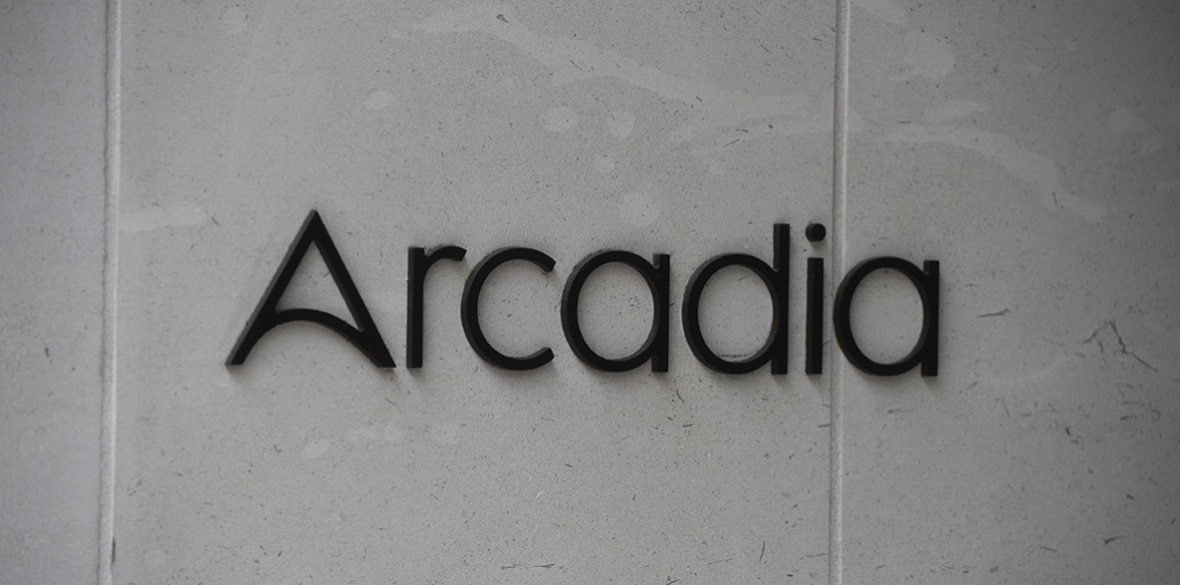AS shopworkers’ unions seek an urgent meeting with Arcadia administrators, government voices are muted and the BBC has it that behind this new crisis the troubled clothing retail group last year “fell into administration.”
This is a curiously passive phrasing to describe 13,000 workers finding their jobs are at risk while that the boss of this failing enterprise and his spouse divide their time between Britain and Monaco, where their £2.4 billion fortune allows for a life free of the anxieties that unemployment and an uncertain pension that affect their former employees.
Arcadia’s crisis is no accident. In a exceedingly rare moment of anti-capitalist reflection, members of Parliament voted to strip Arcadia’s unloved Philip Green of his knighthood but as this trifle is in the gift of the sovereign — who seems reluctant to break ranks with a fellow billionaire — he and Lady Christina continue to style themselves as nobility.
The workers at Top Shop, Topman, Miss Selfridge and HIIT are set to be the losers in the transfer of Arcadia’s assets to the owner of the online retail operation Asos.
Asos is owned by one Anders Holch Povlsen, a super-rich Danish capitalist in possession of a $12.2bn fortune.
Said billionaire is reportedly Britain’s largest individual landowner and the boss of the Bestseller conglomerate that includes Asos, Jack & Jones and Vera Moda.
Work in retail is poorly paid. In fashion retail the workforce is substantially female and amid the pandemic uncertain job prospects and long-hours culture are added to a high-street crisis that means shopworkers face a bleak future.
In an economic climate where the bosses and government are fixated on short-term solutions to systemic problems the shop workers union Usdaw has offered a rare strategic vision.
It argues that retail needs a tripartite approach of unions, employers and government working together to develop a recovery plan.
“We have long called for an industrial strategy for retail to help a sector that was already struggling before the coronavirus emergency,” it argues and spells out a programme of business rate reform, a review of rental values, tax law changes with funding for local authorities to invest in local economies, transport and revive high streets.
Usdaw prioritises skills training, union learning and high-quality apprenticeships and a new deal for retail, distribution and delivery workers based on a real living wage and guaranteed hours.
In posing what is a well-argued and eminently responsible approach to a crisis that has been long maturing, the union has illustrated the central problem of capitalism.
Strategic decisions that affect the lives of millions of workers and their families and shape the character of our cities and towns are in the hands of people whose sole concern is profit.
Much of retail, and especially fashion retail, is, in the well-chosen words of the Marxist theorist Dr Elizabeth Wilson, “adorned in dreams.”
As such it is as imbued with ideological significance as it is economically important.
This whole sphere of economic activity occupies a particularly important place in modern society and it is an aberration that its development is left to the anarchic operation of the capitalist market and the stewardship of sun-bronzed charlatans.
The crisis on our high streets and the deep problems that affect retail cannot be tackled without a clear government lead but as long as government is the servant of big business and the banks there can be no resolution of these problems.
Monopoly retail generates enormous profits. With public ownership these could fund a real renewal of our high streets.











